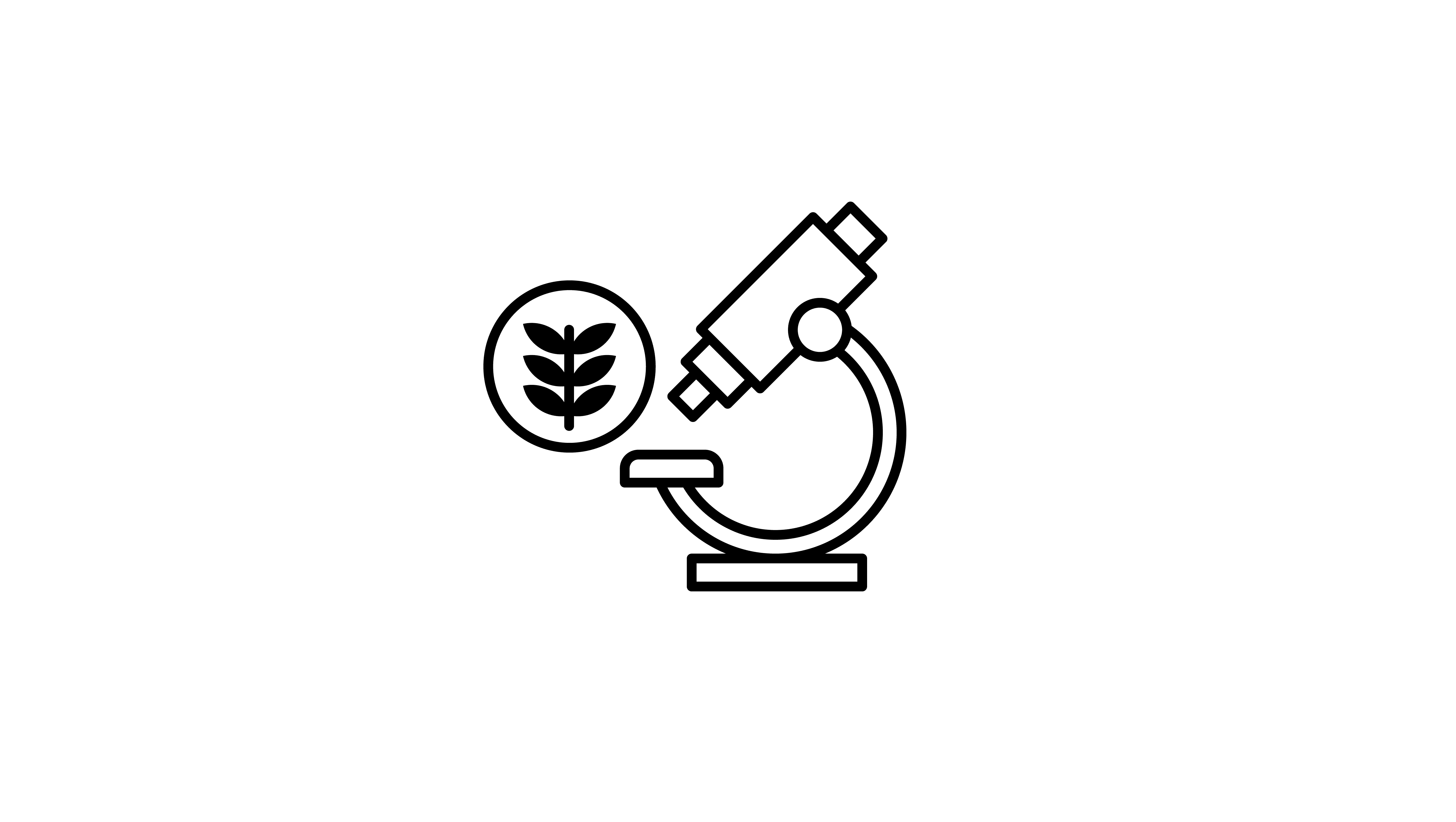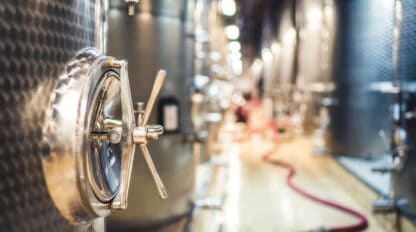A REVOLUTIONARY, NOT-SO-NEW TECHNOLOGY

Precision Fermentation has been making headlines in recent years, but the technology itself has been around for decades.
In fact, two of the first precision fermentation- made ingredients were insulin for pharmaceutical production and non-animal rennet for cheese production. Both traditionally sourced from animals, now they are most commonly made via precision fermentation. The list has grown significantly since these groundbreaking ingredients. Today, the majority of lettered vitamins, like B12, are also made via precision fermentation, along with numerous food enzymes and natural flavors.
Over the last 30 years, precision fermentation technology has matured to manufacture high volume ingredients, like proteins and fats, enabling us to use the same technology to recreate conventionally animal-derived ingredients in a more resource-efficient, resilient way.

Is precision fermentation safe?
Imagine a facility that looks similar to a brewery, filled with large, closed, steel containers. Rather than brewing (that is, fermenting) liquids and nutrients to create beer, these containers are brewing proteins. Like a brewery, this closed, controlled system excludes any animals, which means an avoidance of contaminants, food-borne illness, zoonotic disease, antibiotic resistance.
In addition to the benefits of a controlled environment, ingredients made via precision fermentation have been authorized by leading regulatory agencies around the world, adhering to rigorous safety standards. Every member of PFA is committed to ensuring safety and regulatory standards are cooperatively met with the relevant regulatory agencies around the world.
In fact, precision fermentation ingredients are made in food-grade facilities like any other food is made. The result is nature-equivalent ingredients that maintain measurable quality, safety, and consistent performance. With widespread use in food and pharmaceutical industries, precision fermentation technology has a safety record that only continues to strengthen.

Precision Fermentation Alliance members adhere to the highest standards of food production.
Food manufacturing is a regulated industry. In addition to their own safety and standard practices, Precision Fermentation Alliance members comply with all local laws and regulations in their regions. Members also maintain production facilities that follow Good Manufacturing Practice (GMP) standards and guidelines to ensure safe production and quality control. The PFA exists to set and symbolize high standards of good manufacturing and production practices for ingredients and foods made using precision fermentation technology.


